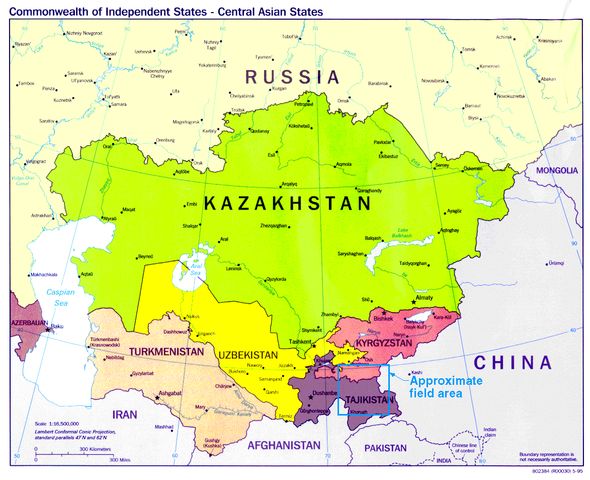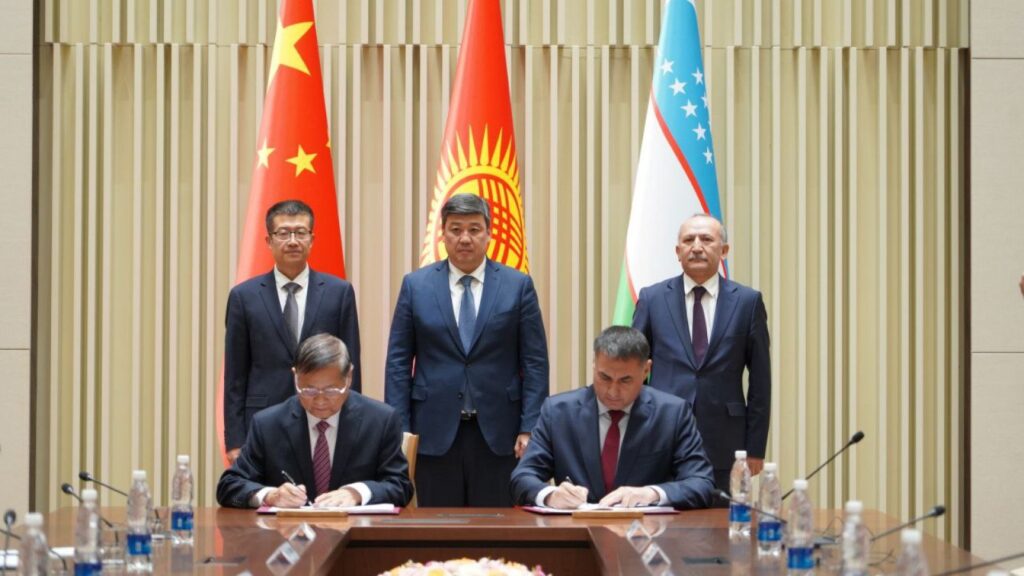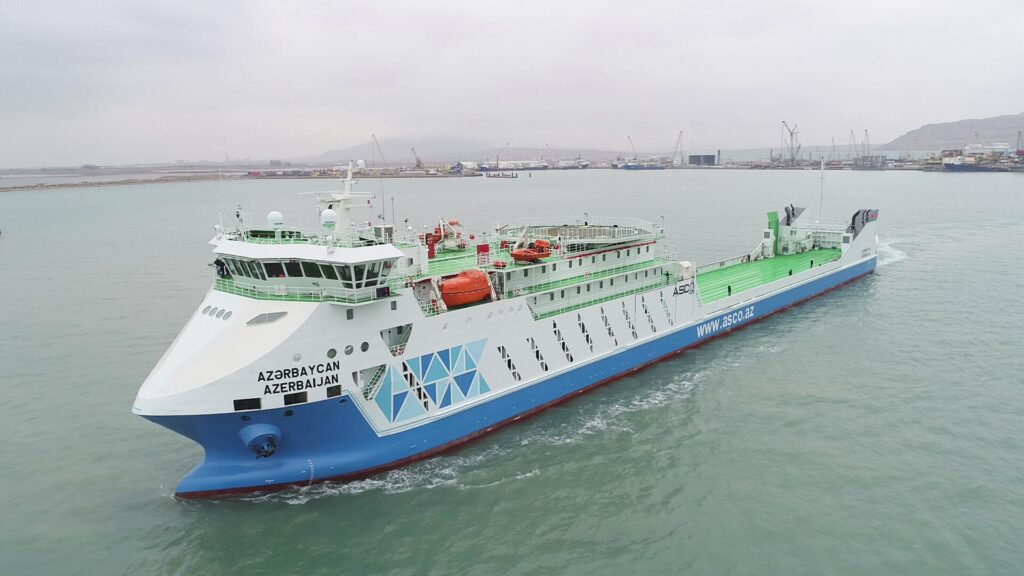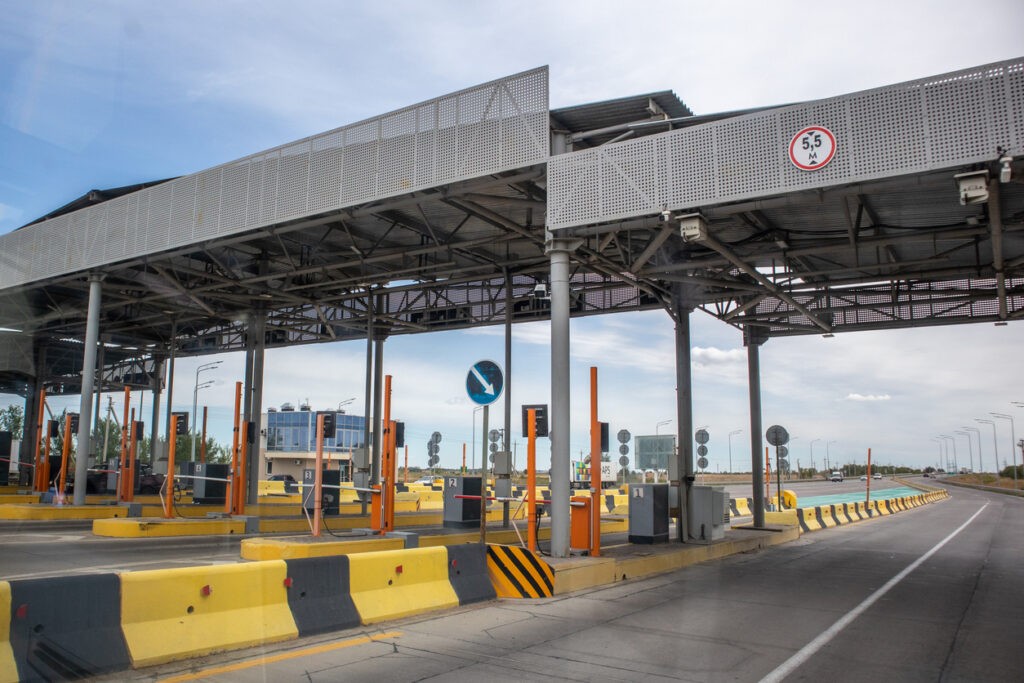ASTANA (TCA) — The Central Asia Transport and Logistics Partnership on June 15 announced an action plan to strengthen regional transport and transit in the region as a way to help spur sustainable economic growth. The announcement was made at the Astana Economic Forum “New energy — New economy” in Kazakhstan.
The Central Asia Transport and Logistics Partnership was established in 2015 to improve the quality of transport and logistics services throughout the region. This private sector led public-private partnership brings together over 40 public and private transport and logistics companies from across the region to facilitate trade and advance reforms that improve the cost and time of moving goods across borders in Central Asia.
The partnership is supported by the United States Agency for International Development (USAID) Competitiveness, Trade, and Jobs in Central Asia program and the Deutsche Gesellschaft für Internationale Zusammenarbeit (GIZ) “Trade Facilitation in Central Asia” Regional Program, through regional cooperation on transport, transit and logistics.
The action plan focuses on policy and legislative changes and workforce development that will help improve regional transport corridors and transit connections to encourage greater trade and investment. Competitive transport services and infrastructure that delivers goods inexpensively and efficiently are essential for sustainable economic growth and development of the region as a transit hub connecting global markets.
“USAID is proud to support this partnership. Effective transport helps to create jobs in the transport sector and, by lowering transportation costs, also helps to create jobs in Kazakhstan by making the country’s goods more competitive in global markets,” said Ryder Rogers, Senior Regional Trade Adviser, USAID/Central Asia.
USAID’s Competitiveness, Trade, and Jobs in Central Asia program facilitates exports and employment in horticulture and strengthens transport and logistics services across the five Central Asian economies. By incentivizing firms to become more competitive and by addressing cross-border impediments to trade, USAID helps to develop a more diverse and competitive private sector and generate export-driven growth.









